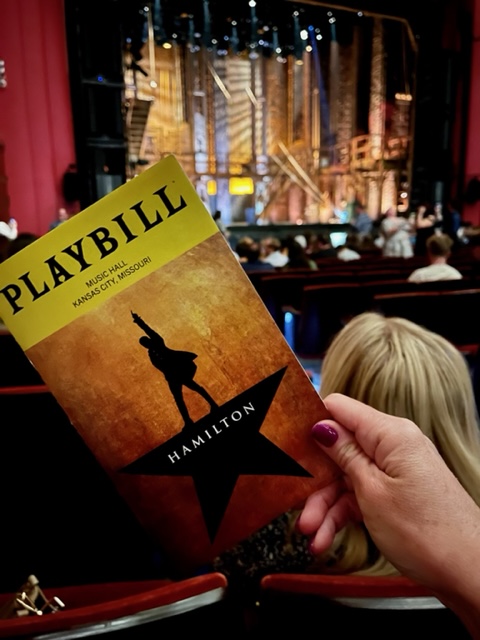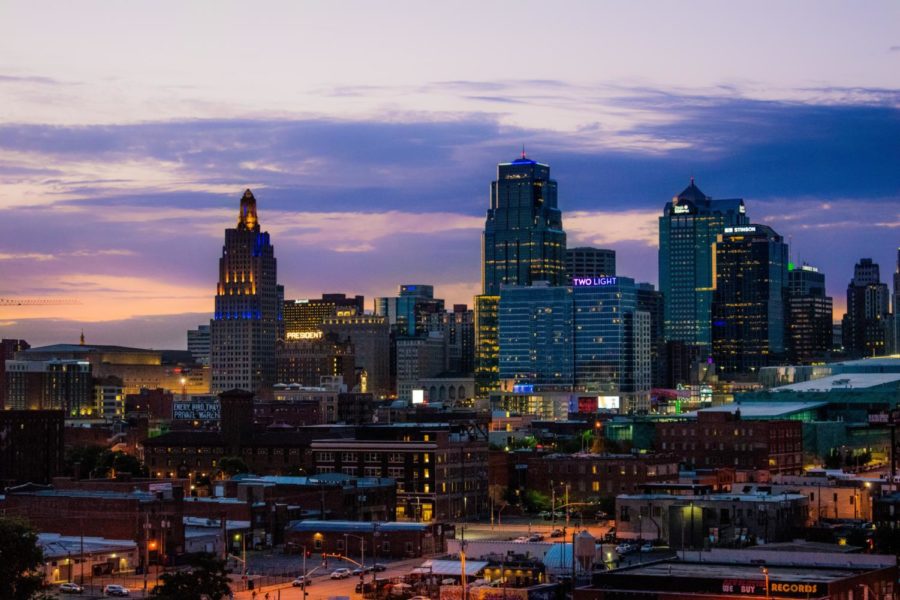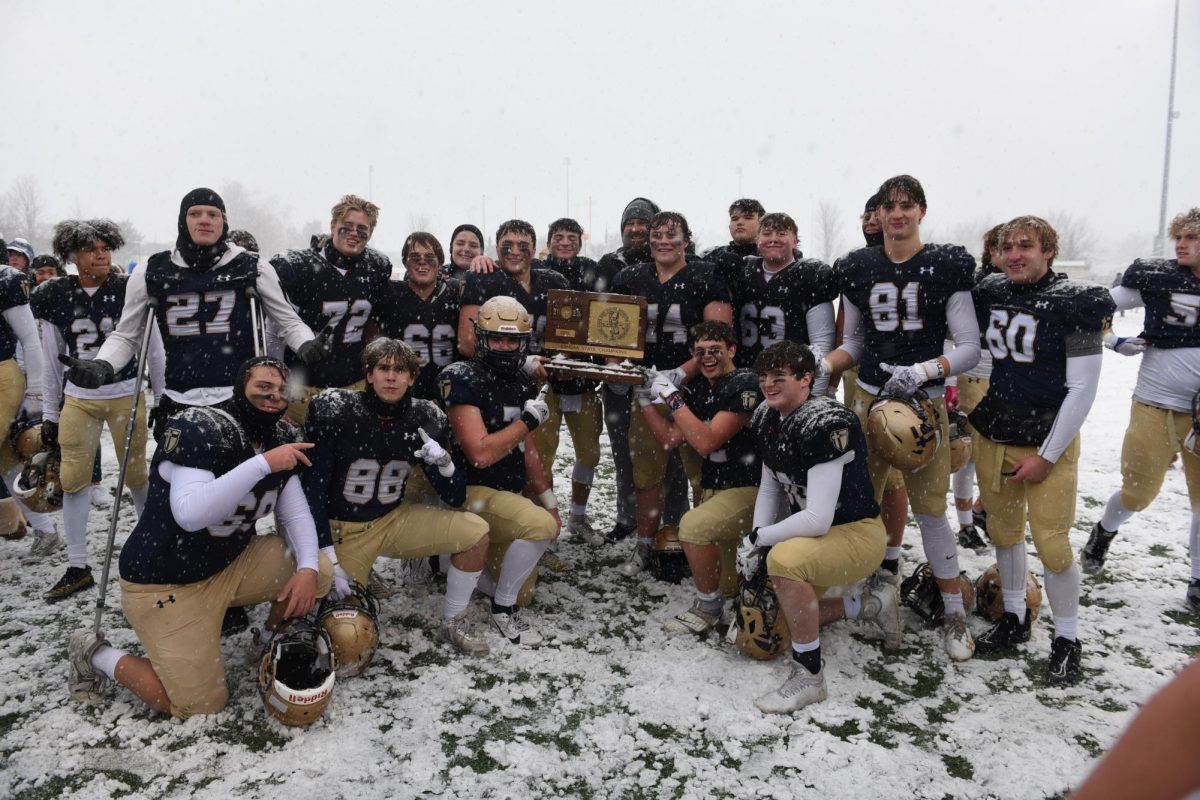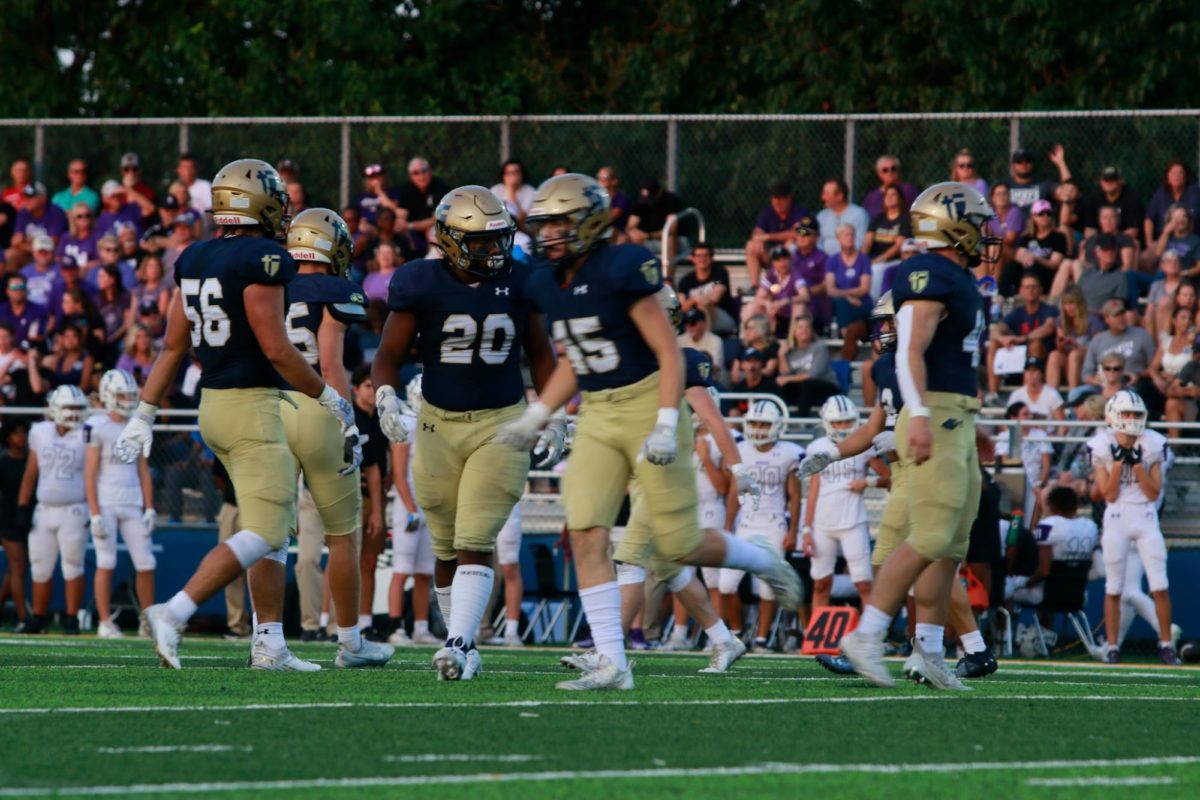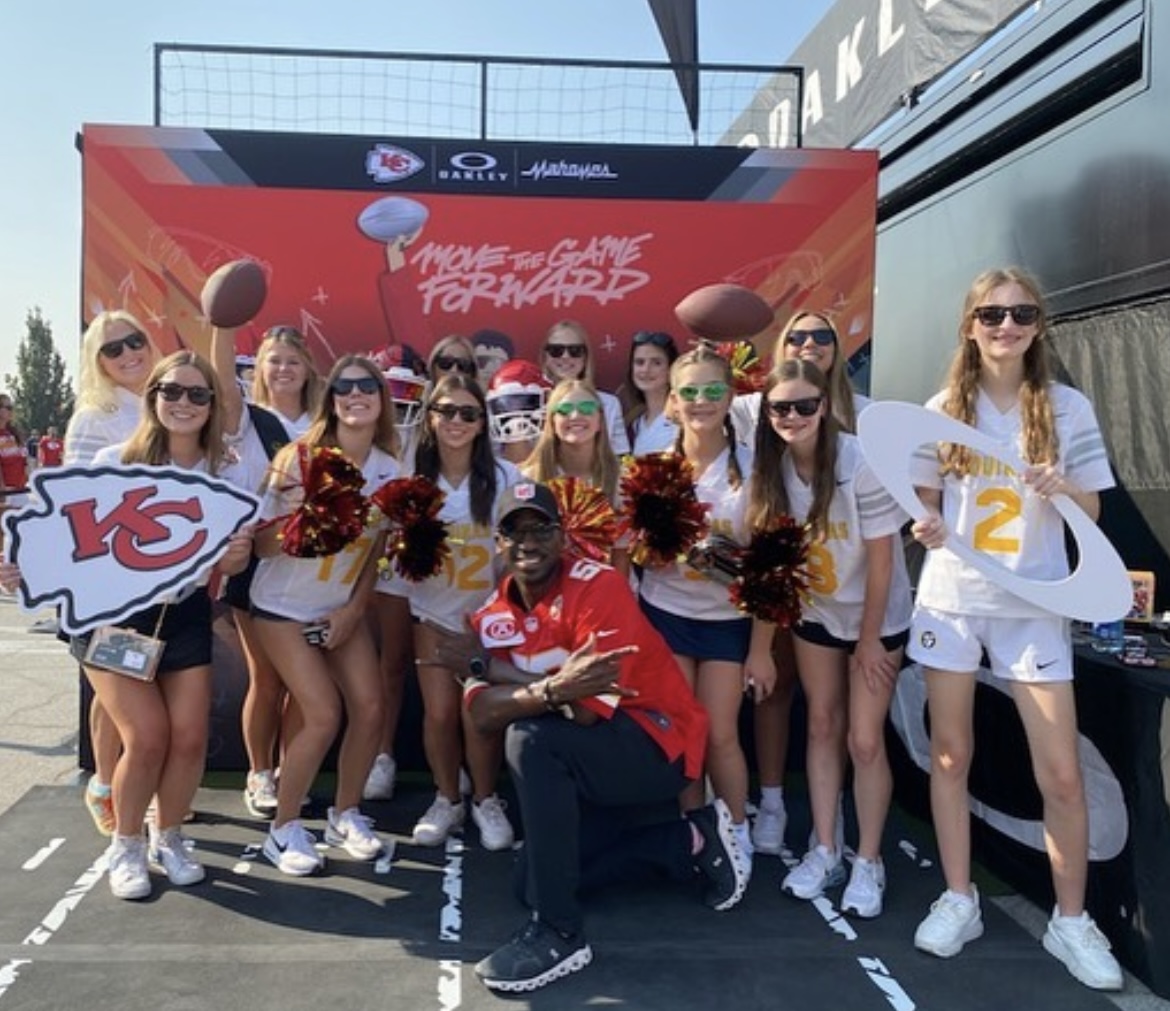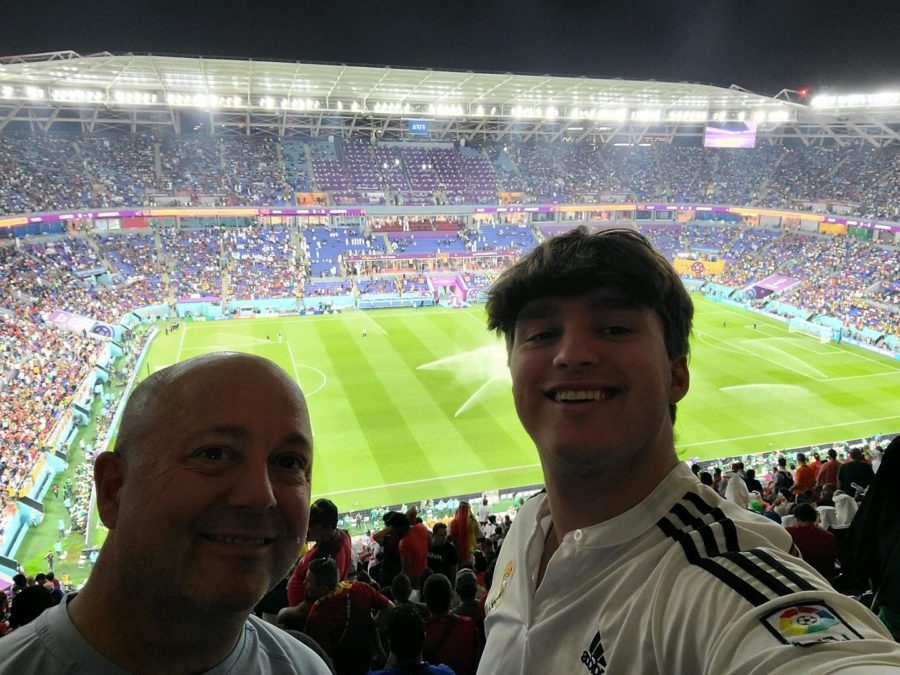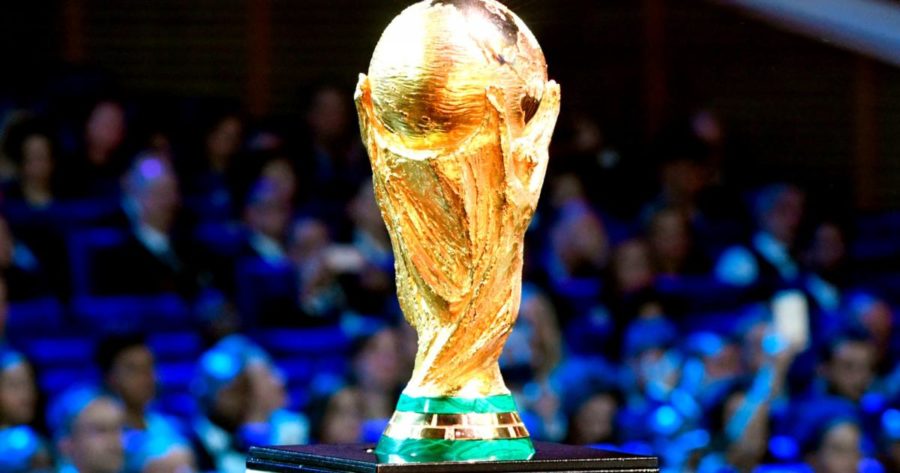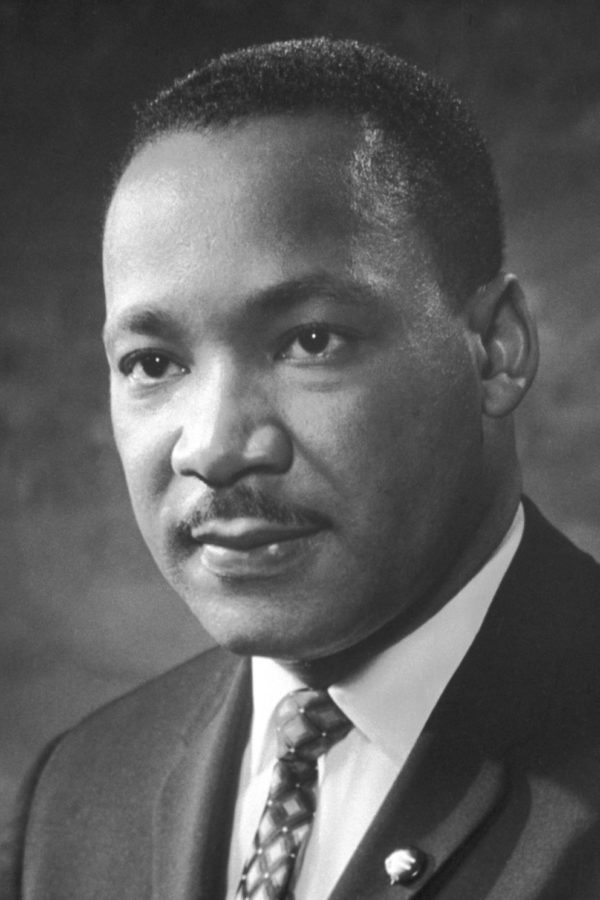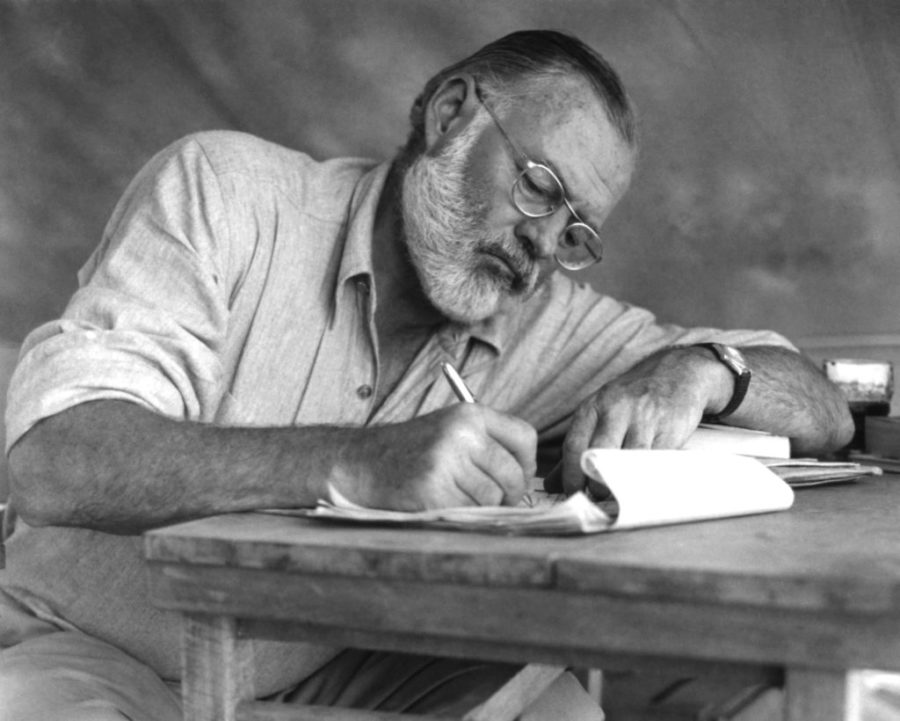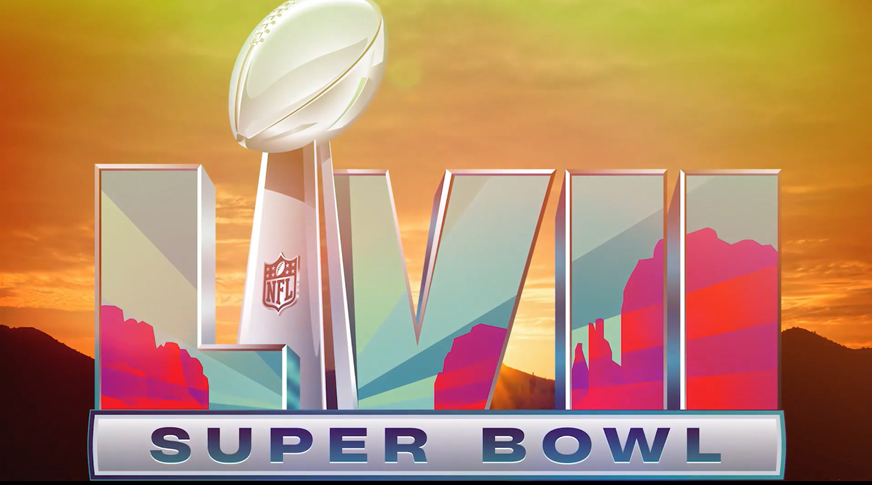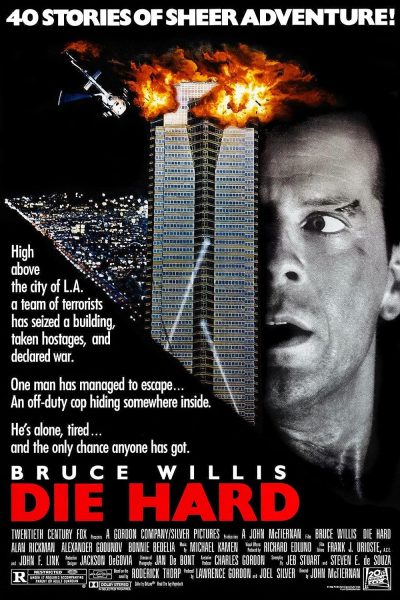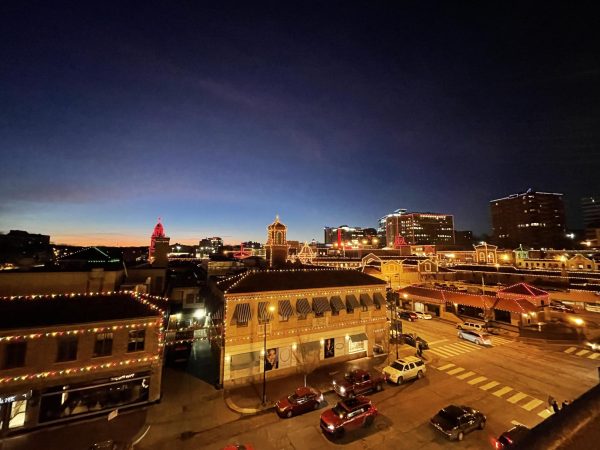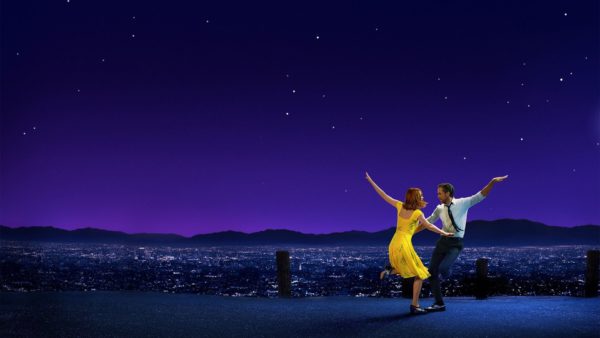What is up With Twitter?
Exploring the trials and tribulations of Elon Musk
December 2, 2022
You probably currently know Elon Musk as the guy who invented Tesla, the CEO of SpaceX, or the man who took over Twitter. But before we get to the most recent Twitter chaos, what did he do to get to where he is now?
Musk was born in South Africa in 1971 and proved to be an effective entrepreneur from a young age, selling homemade chocolate Easter eggs and creating computer games by the time he was twelve. He moved to North America when he was seventeen to attend college in Ontario but later transferred to the University of Pennsylvania to study economics and physics.
Musk dropped out of graduate school at Stanford University after two days to pursue a more technology than a physics based career. Soon after, he created a company eventually known as Paypal, which was sold to eBay in 2002 for $1.5 billion.
After acquiring this fortune, Musk sought to create a newer and more affordable alternative to NASA, thus founding the successful SpaceX. Musk also became a major funder and eventual CEO of Tesla Motors. Recently, in October 2022, he bought Twitter for $44 billion. Let the chaos begin.
Within days of buying Twitter, Musk fired multiple top executives, the chief engineer, the general counsel, and many other employees. He did not give specific reasons for firing any of these people, except for the fact that they have openly defied him on the app (What next for Twitter under Elon Musk?).
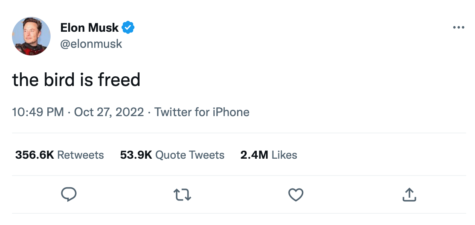
But why would he want Twitter if he was only going to fire most of its employees? In an article from AP News, Musk claimed that “The reason [he] acquired Twitter is because it is important to the future of civilization to have a common digital town square, where a wide range of beliefs can be debated in a healthy manner, without resorting to violence.” But this deregulation calls for concern. Giving certain users more power by allowing them access to the platform again may only lead to more toxicity on the app. It may lead to the spread of misinformation or online bullying, which may not make Twitter the warm and welcoming place that Musk wants it to be.
As for what will really happen next for Twitter, only Musk knows. While he claims to want to help humanity, his tactics may also bring back the chaotic app that existed when some controversial users were not banned. The reason for some of these bans was the spread of misinformation, glorification of violence, and violation of Twitter’s policies. And seeing as the multi-billionaire seems relentless in firing employees, will the company even have enough manpower to keep functioning?
Until users get an answer to this ambiguous question, Musk’s many other corporations are sure attention grabbers. NASA partnered with SpaceX to support lunar exploration. Tesla received great safety ratings for the improvements on the Model S vehicle. Musk’s businesses have no doubt been very successful, so hopefully, the murky air around Twitter clears up so he can “keep his streak.”
O’brien, Matt. “Musk Doesn’t Seek a ‘Free-for-All Hellscape’ for Twitter.” AP NEWS, Associated Press, 27 Oct. 2022, https://apnews.com/article/elon-musk-technology-business-social-media-23e0e3738cfc21ff9b5aaa9b98c6bf13.
Sherman, Natalie. “Who Is Elon Musk?” BBC News, BBC, 28 Oct. 2022, https://www.bbc.com/news/business-61234231.
Kleinman, Zoe. “What next for Twitter under Elon Musk?” BBC News, BBC, 28 Oct. 2022, https://www.bbc.com/news/technology-63424258.
Avila, Joseph De. “The People Permanently Banned from Twitter: See the List.” The Wall Street Journal, Dow Jones & Company, 3 Nov. 2022, https://www.wsj.com/story/the-people-permanently-banned-from-twitter-52b85992.
“Updates.” SpaceX, https://www.spacex.com/updates/.

